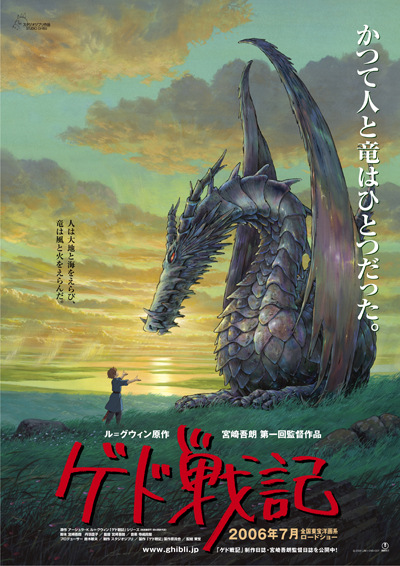If you’re interested in reading some more about Aum Shinrikyo, the easiest place to turn would be this fairly long article on Court TV’s Crime Library web site.
Additionally, I can’t strongly enough recommend Haruki Murakami’s book, Underground The Tokyo Gas Attack and the Japanese Psyche. It’s actually a compilation of what was published as two separate volumes in Japan. The first volume, also named Underground, consists of a brief history of Aum, a description of the attacks, and a series of edited interviews in which survivors of the attack (and If I recall correctly, in one case a relative of a ‘survivor’ left in a coma, and a relative of a fatality). By interviewing some of the transit workers alongside a variety of ordinary commuters, interspersed with his own narrative, Murakami paints a vivid and complete picture of how the attack unfolded throughout the day, as well as giving the best overall impression of the Tokyo subway’s geography that I have ever seen in print.
The second (and much slimmer) volume, originally titled “To the place that was promised,” consists of interviews with former members of the cult, whose reactions range from regretful, to disbelieving, to resentful. Of course, at that time he was unable to gain access to any of the cult members who had actually been involved with or known in advance about the attacks, who were all either in prison or hiding (which is still the case).
At least one convicted Aum member has told his story since though. Ikuo Hayashi, a former cardiologist who was arrested and subsequently confessed shortly after the sarin attack, has written a 575 page memoir entitled “Aum and I.” It has not been published in English, but I have a copy sitting right here and it’s a damn good read.
As an aside, I read Murakami’s Aum book about a year before I first went to Japan, when I had just started learning Japanese and was only starting to become interested in learning about the country. It was the first thing by Haruki Murakami that I had ever read, and only after reading Underground did I even know that he was a popular novelist.

 Looks like he’s had it: Charles Jenkins, the American who defected to North Korea 40 years ago and wound up marrying Hitomi Soga, a Japanese woman there against her will, has decided to turn his back on America once again, only this time he’s doing it legally. As early as next week, the former US Army Private (who is living on Japan’s Sado island with his wife and children) intends to
Looks like he’s had it: Charles Jenkins, the American who defected to North Korea 40 years ago and wound up marrying Hitomi Soga, a Japanese woman there against her will, has decided to turn his back on America once again, only this time he’s doing it legally. As early as next week, the former US Army Private (who is living on Japan’s Sado island with his wife and children) intends to  That’s what my fortune cookie once told me. And despite being a flavorless and generally unneccessary part of my Chinese food experience, it’s right. So keep it real folks.
That’s what my fortune cookie once told me. And despite being a flavorless and generally unneccessary part of my Chinese food experience, it’s right. So keep it real folks.

 When I came back from the Philippines it was already cold enough in Taiwan that I needed something to make sitting at the computer a little more palatable. My superthick blanket is enough for sleep, but I decided to pick up an electric heater. Now, I had just read
When I came back from the Philippines it was already cold enough in Taiwan that I needed something to make sitting at the computer a little more palatable. My superthick blanket is enough for sleep, but I decided to pick up an electric heater. Now, I had just read  It’s claimed that this legend has spread to surrounding Asian countries, but the closest thing I’ve heard in Japan is that having an electric fan on you at night can make you catch cold, which is the kind of thing that a grandmother in any country might say without sounding like a vortex-phobe. The fact that the Wikipedia page exists only in English and Korean also seems to indicate that it may not have much of a presence in other countries, although I am at least a little surprised that no enterprising Japanese wikinerd has translated the article as fodder for making fun of Koreans.
It’s claimed that this legend has spread to surrounding Asian countries, but the closest thing I’ve heard in Japan is that having an electric fan on you at night can make you catch cold, which is the kind of thing that a grandmother in any country might say without sounding like a vortex-phobe. The fact that the Wikipedia page exists only in English and Korean also seems to indicate that it may not have much of a presence in other countries, although I am at least a little surprised that no enterprising Japanese wikinerd has translated the article as fodder for making fun of Koreans. 